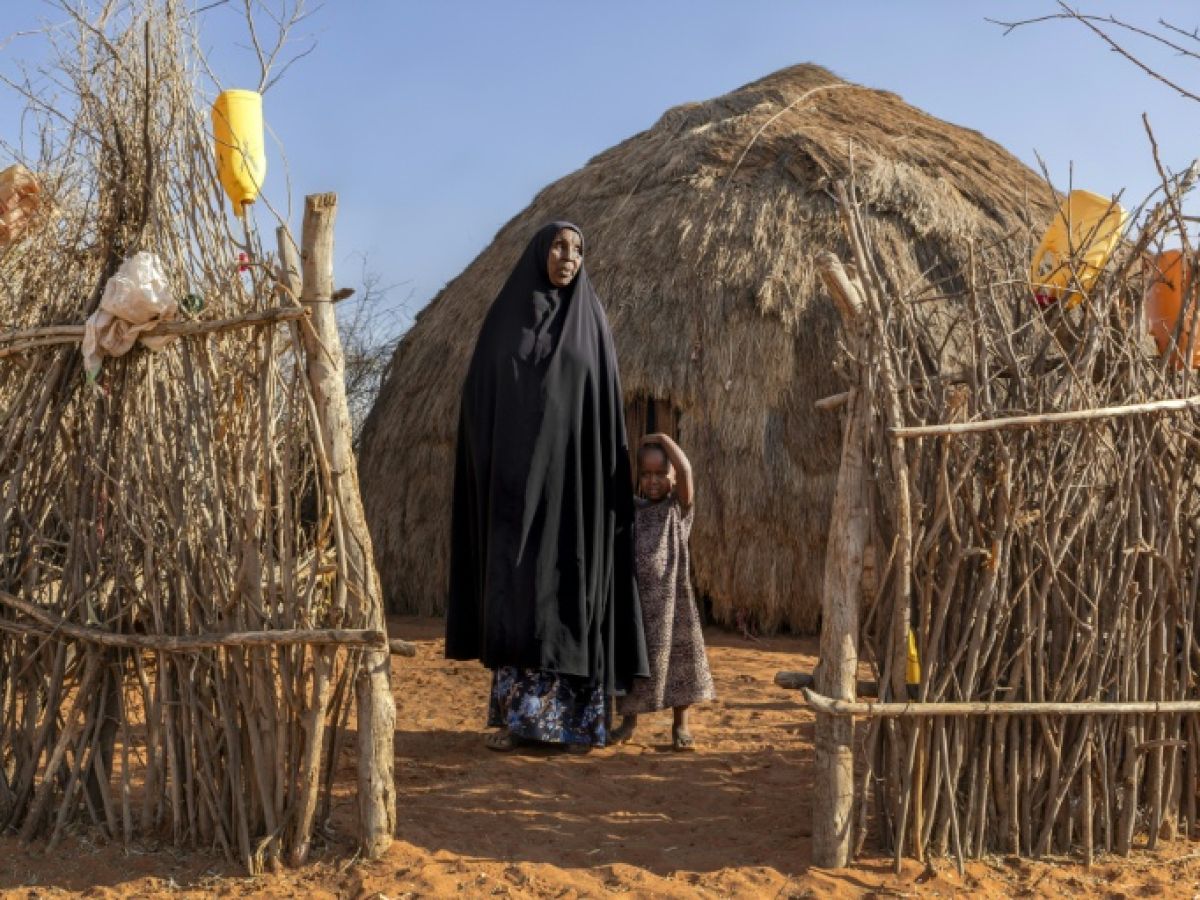French-Greek director Costa-Gavras, 91, called on Wednesday for political "courage" to "help" people die "in good conditions" when "the body can no longer cope," during the presentation of his film "The Last Breath" at the San Sebastian Film Festival in Spain.
"States should have the courage - politicians at least - to create, beyond palliative care, places where someone who reaches a point where their life no longer interests them, where their organism, their body no longer follows, their memory no longer follows and they no longer have the desire to live, can die, say 'Here, I'm going to die, help me to die in (...) good conditions'," he declared at a press conference.
With a prestigious cast (Denis Podalydes, Kad Merad, Charlotte Rampling), adapted from a work by Regis Debray and Doctor Claude Grange, "The Last Breath" relates the philosophical debates on death between a doctor and a writer.
The director of "Z," "The Confession," and "Missing," known for his political commitments, said Wednesday that it was "necessary" to legislate on the end of life, "given that the population is aging more and more, that there are more and more of us."
"No one today would dare go to a hospital and say 'Help me die,' because they would be violently kicked out," he lamented. "The main thing is to leave with dignity for yourself and for those who remain," he added.
In France, the examination of the highly anticipated bill on end of life, which was supposed to legalize assisted suicide, was interrupted just before the vote a few days before the dissolution last June.
This law was intended to legalize assisted suicide and, in certain specific cases, euthanasia, by imposing important conditions, while refusing to use these terms, preferring to speak of "active aid in dying."
But Michel Barnier's government has many opponents of this text, which has already taken more than a year to hatch, first and foremost Interior Minister Bruno Retailleau, from the conservative right.
Macronist ministers such as Astrid Panosyan-Bouvet (Labor) have also expressed their opposition, although the evolution of the law on the subject has long been a promise of President Emmanuel Macron.


